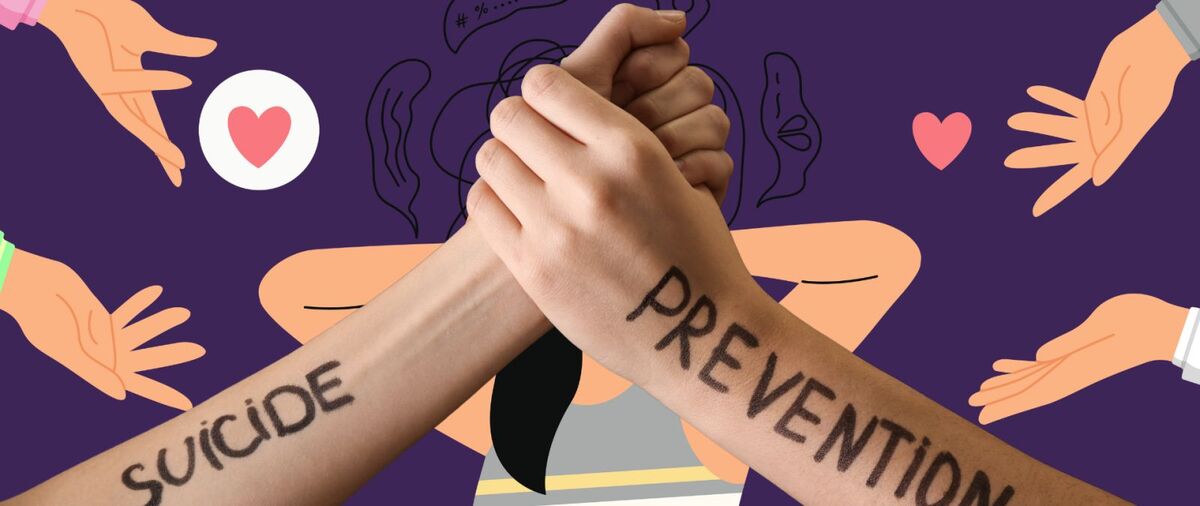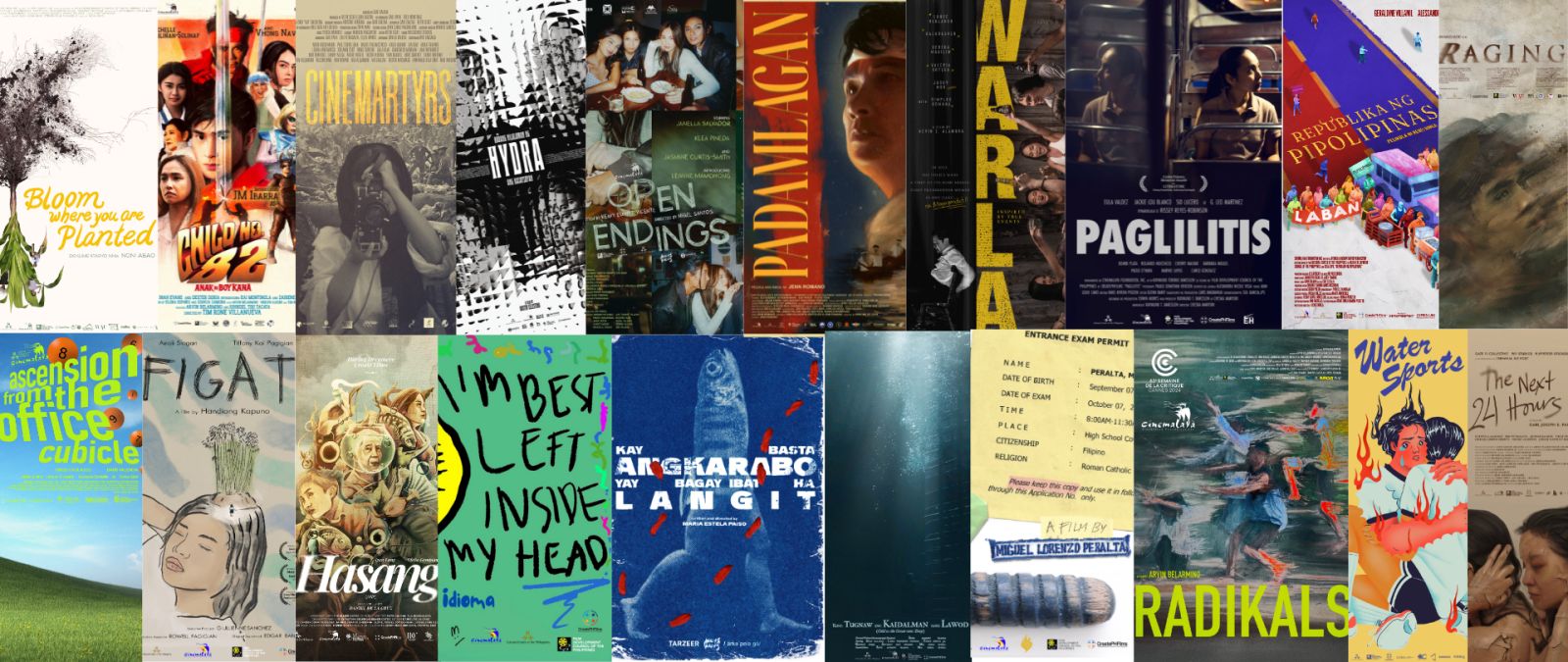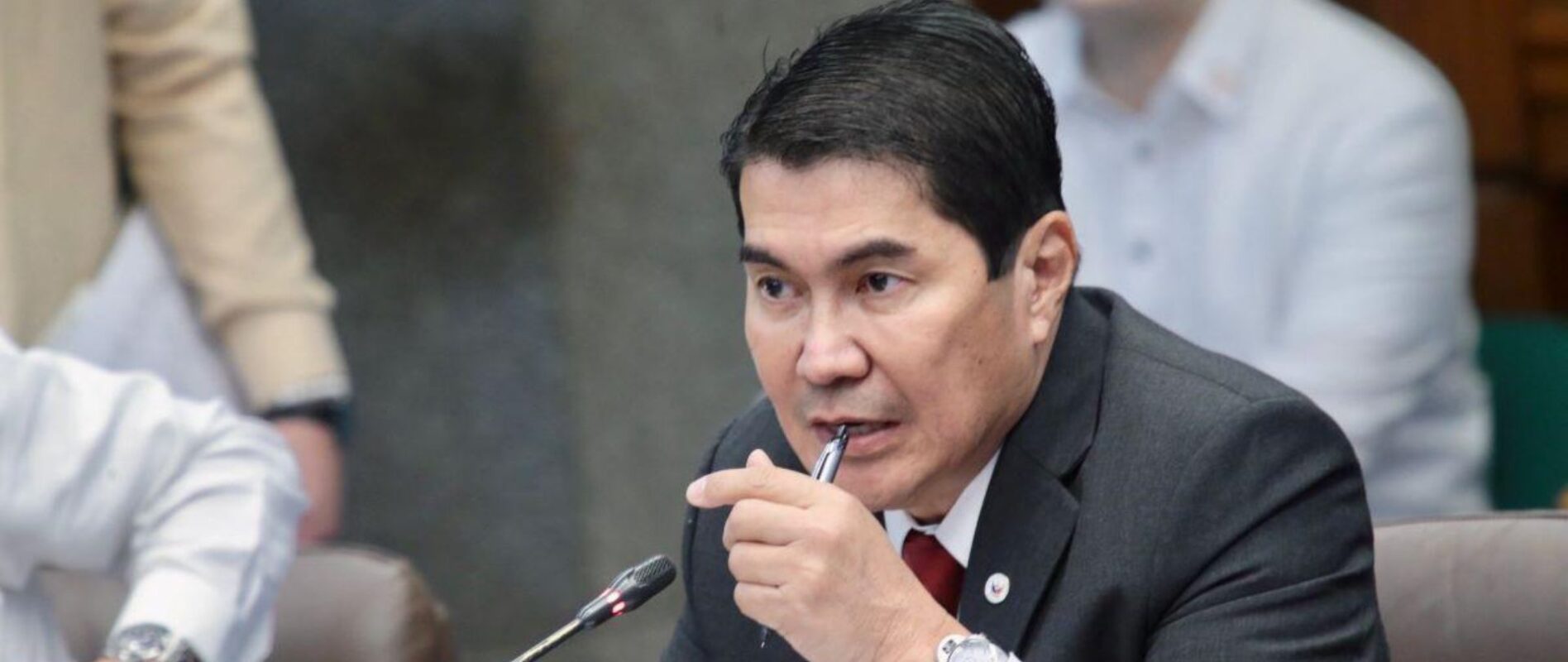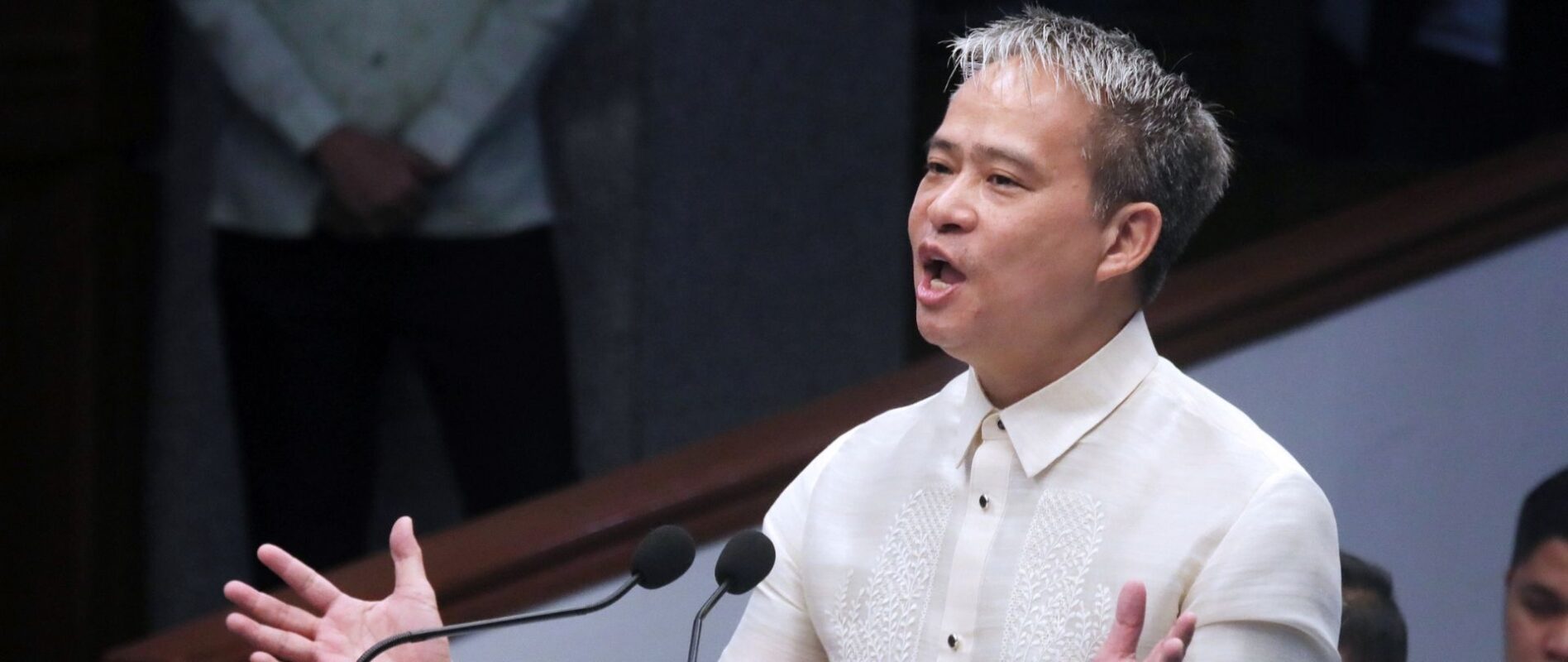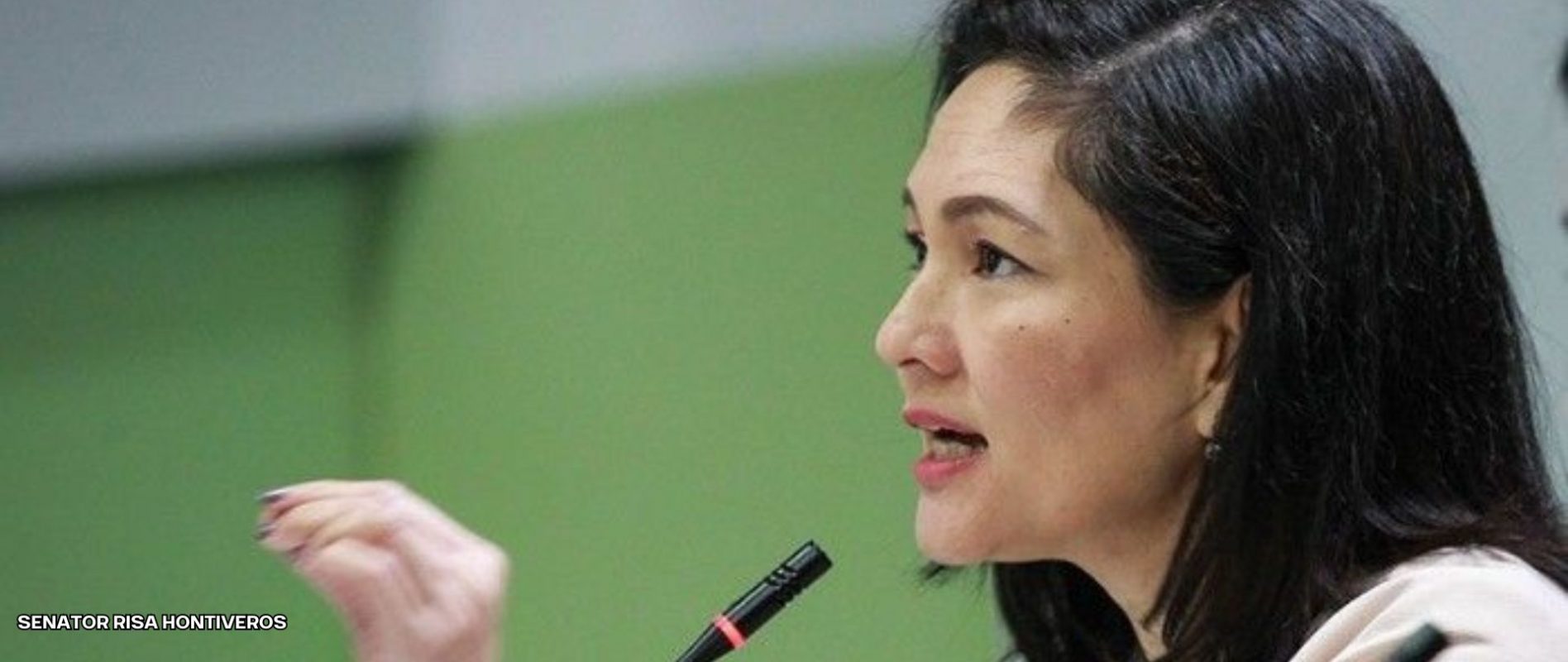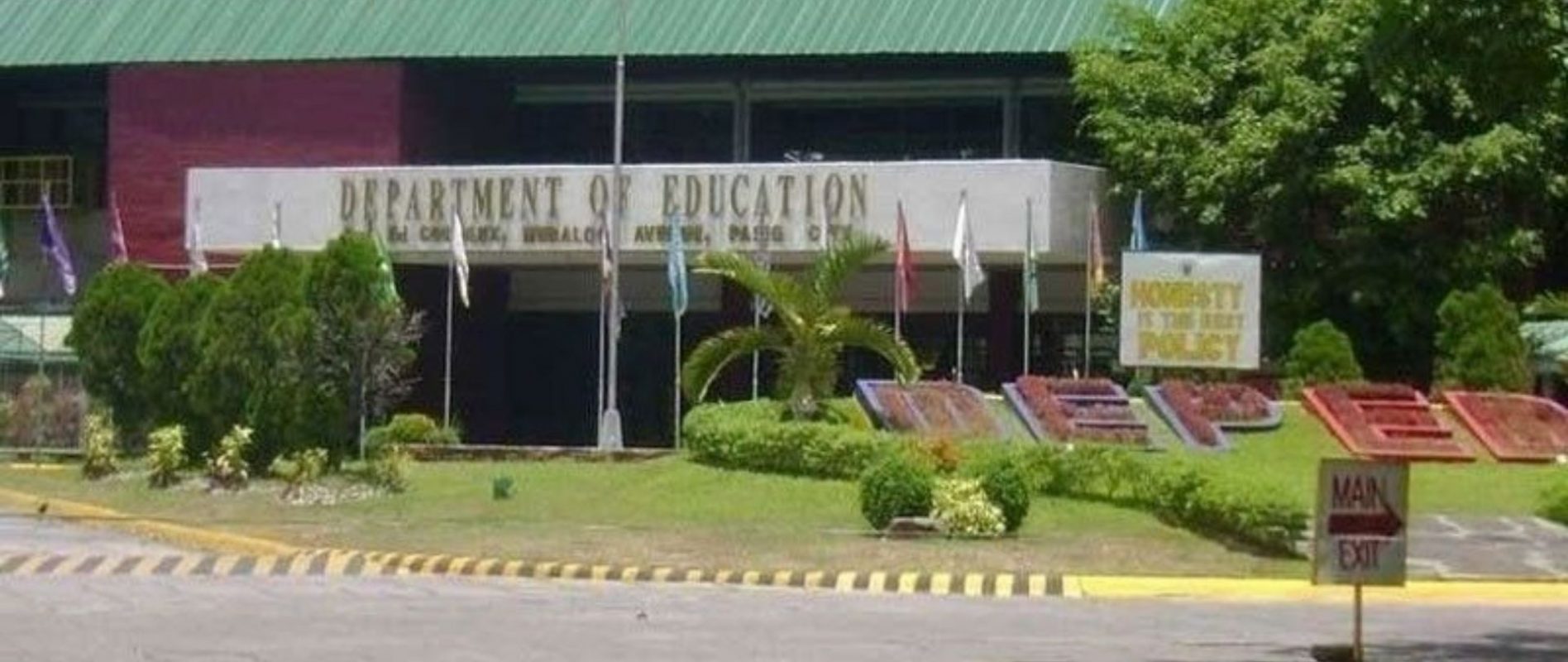LISTEN UP! THESE FILMS HAVE SOMETHING TO SAY, WITH STORYTELLING AS TOOLS TO AMPLIFY SOCIAL TRUTHS
Storytelling has been an incredibly effective tool in communication since the beginning of time, and these Filipino movies are upholding tradition to relay some important truths we need to open our eyes to with stunning productions, stellar talent, and a fierce, rallying, message.
Sonny Calvento, the man behind the country’s first short film to be featured at the prestigious Sundance International Film Festival, once said: “Films definitely can’t change the world. But it can, at least, raise awareness about what’s happening, especially in our country.”
This is following the success of short film Excuse Me, Miss Miss Miss in depicting the plight of contractual workers in the Philippines in a 15-minute comedy. The film, aside from landing some comedic relief relating to the impossible mission of contractual workers to be regularized, also effectively emphasizes the dire reality of the issue at hand. With storytelling, it was able to spread awareness on a serious issue, packaged in an easy-to-digest and entertaining story.
This has been a constant trend among filmmakers, especially in recent years, to use film in spreading awareness on grim realities and difficult conversations across the Philippines. Some take on a more subtle approach with underlying messages within its main plot, while others tackle the issue more directly with straightforward lessons and dialogue.
Join the conversation, and listen closely to what these films have to say:
FANGIRL (2020)
One of the most recent successes of film in getting the nation talking is Antoinette Jadaone’s Fangirl. The story follows a teenage girl who stalks her way to coming home with her idol, played by Paulo Avelino as himself. There, things take a very dark turn that speaks of idolatry, fanaticism, and our own individual need to believe in something. The most apparent message in the film is to be careful of who you idolize, as we usually fail as human beings to recognize our idols’ darkness, even when it’s staring at us right in the face.
JOHN DENVER TRENDING (2019)
Directed and written by Arden Rod Condez, John Denver Trending zooms in on cyberbullying and its effects to a community, and the victim blindly being targeted for the sake of it. The film’s lead finds himself on the receiving end of his classmates’ incessant taunting and bullying, despite the lack of truth in their claims. This is a parallel to the growing issue of cancel culture apparent on social media, mob mentality where people will join a cause simply because a lot of people believe it, and the practice of jumping on a bandwagon without checking the facts.
ISKA (2019)
Iska by Theodore Boborol is an incredibly emotional story of how society and systems fail the marginalized. The story follows an impoverished grandmother caring for her autistic grandson beyond her means, while at odds with her poverty, her serial cheater of a husband, and selfish daughter. The film itself is painful to watch as it’s too close to the reality of so many of our countrymen trapped within their own uncontrollable circumstances, but it presents an important message of mental health and the tragedies that could probably be avoided outside poverty.
KALEL, 15 (2019)
Directed by Jun R. Lana, the film tells the story of an HIV-positive teen, and how his immediate community is more concerned about what people have to say about it than the boy’s health. Instead of zeroing in on the causes or the effects of HIV to someone’s physical health, the film puts more importance on how it affects someone’s humanity, as a consequence of other people’s reaction towards him, and the seemingly taboo topic that makes him feel alienated and wrong for who he is.
DIE BEAUTIFUL (2016) AND BORN BEAUTIFUL (2019)
As Born Beautiful takes on the events following Trisha’s death in Die Beautiful, both films offer a deeper look into the lives and hardships of the trans community in the Philippines. The stories of both Trisha and Barbs resonate strongly among the local LGBTQ+ community, while deepening the understanding of individuals outside the group for those who society are so quick to judge, misrepresent, and condemn.
LINGUA FRANCA (2019)
Directed by Isabel Sandoval, Lingua Franca also zooms in on a Filipino trans woman, but instead depicts a unique story of those undocumented migrants in America desperate for a chance at a better life. She falls in love with an American man, and pursues a marriage with him to obtain a green card. The story itself is a two-pronged directive, with social commentary on the plight of the trans community, as well as the life of a Filipino immigrant in “The Land of the Free.”
BABAE AT BARIL (2019)
Translated to “Girl with a Gun”, this film by Rae Red follows the journey of a gun as it transforms people into robbers, murderers, and violence-wielding machines. The gun then finds its way to a saleswoman hungry for revenge against those who have taken advantage of her all her life. On top of its compelling story, the film boldly makes a statement on violence’s ability to bestow someone with frightening freedom, and how we’re all at the mercy of those in power (particularly those with weapons in their hands).
BUY BUST (2018) AND ON THE JOB (2013)
These two Erik Matti films present some horrible truths about the lives of the urban poor, and how closely tied their fates are to the people in power seemingly controlling them. In Buy Bust, the story depicts the country’s “war on drugs” with a harrowing image of the forces at hand that dictate who dies and who continues to live.
Meanwhile, On The Job zooms in on the country’s unique gun-for-hire system, and how corrupt officials would take advantage of inmates’ desperation to get the dirty work done. Both films present themes on corruption, power play, and the impoverished being used as pawns in other people’s nasty games.
HENERAL LUNA (2015)
It’s almost expected to have the 2015 historical action title on this list, and that’s because of the impressive social impact and truth it presented to Filipinos at the time. The film is fiction based on facts, following Gen. Antonio Luna in 1898 as he faces self-serving leaders in the country during the Philippine-American war. Patriotism is a strong theme across the narrative, with iconic quotes about who we serve, and what we fight for as countrymen. It also offers a look into a history that might not be so different from our current political landscape.





